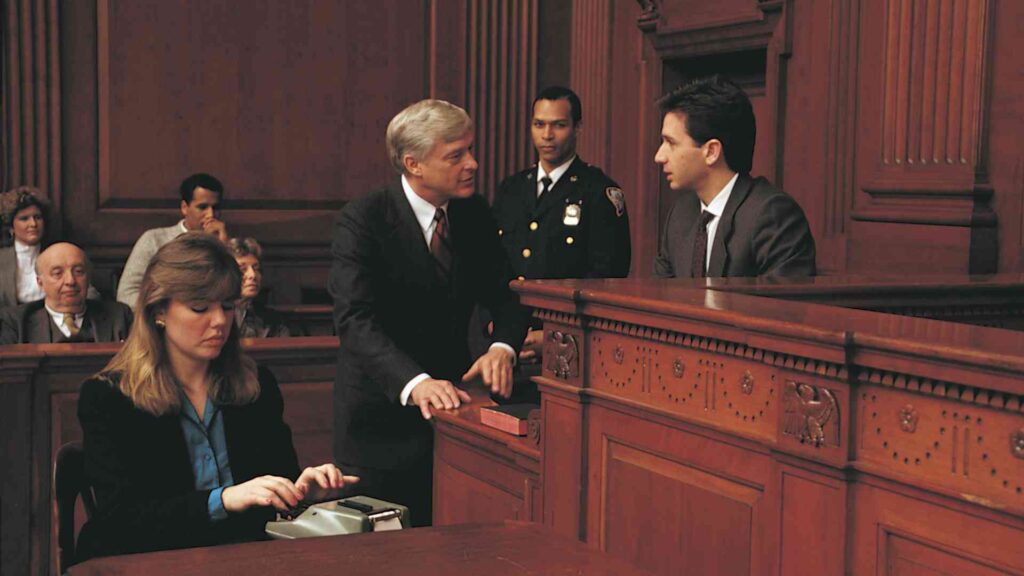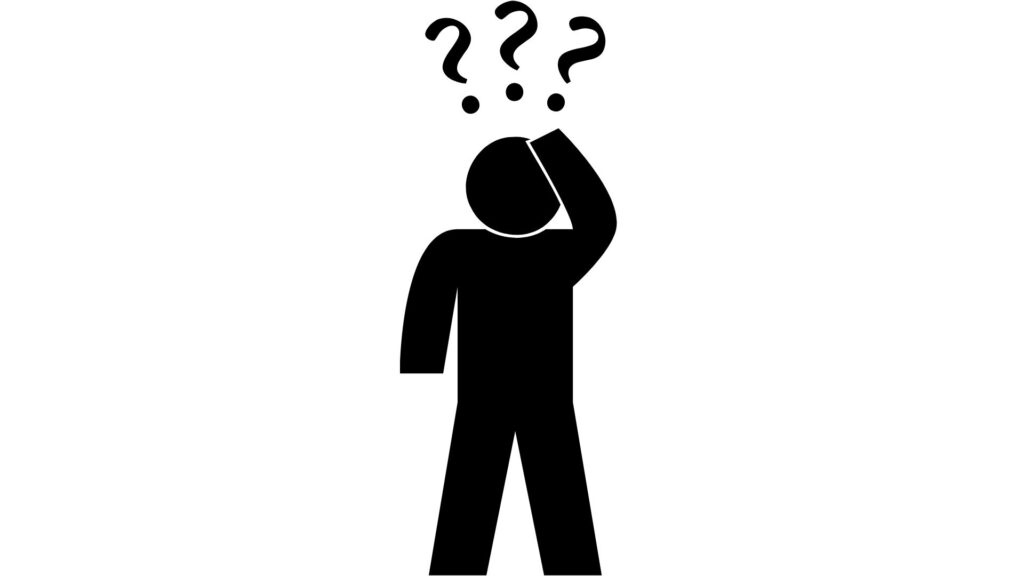यौन स्वास्थ्य के सभी पहलुओं के लिए व्यापक जानकारी प्राप्त करें और अपने यौन कल्याण को सशक्त बनाने के लिए संसाधन और मार्गदर्शन खोजें।
Achieving and maintaining a strong penile erection is a common concern for many men. It…
यौन स्वास्थ्य के सभी पहलुओं के लिए व्यापक जानकारी प्राप्त करें और अपने यौन कल्याण को सशक्त बनाने के लिए संसाधन और मार्गदर्शन खोजें।
Achieving and maintaining a strong penile erection is a common concern for many men. It…
The underlying cause as well as the severity of pain determine the varied treatment approaches…
Erectile dysfunction (ED) is a common condition affecting men, often characterized by the inability to…
Sleep-related painful erection (SRPE) is a rare condition where people get painful erections while they’re…
Erectile dysfunction (ED) is a condition that affects many men worldwide, leading to significant stress,…
Erectile dysfunction (ED) is a common condition that affects millions of men worldwide, causing distress…
Assertiveness is a crucial skill that enhances communication, reduces stress, and promotes self-confidence. It enables…
हम आम तौर पर अपनी याददाश्त के बारे में आश्वस्त महसूस करते हैं। स्मृतियों को इतना अधिक महत्व दिया जाता है कि प्रत्यक्षदर्शी की गवाही अदालती मामले को बना या बिगाड़ सकती है।
हमारी यादों की सटीकता में हमारे विश्वास के बावजूद, शोध से पता चला है कि वे अक्सर अविश्वसनीय होते हैं। हम अतीत की घटनाओं में अपनी भूमिका को अधिक महत्व देते हैं, और हम अपने ज्ञान में कमियों को ऐसी जानकारी से भर सकते हैं जो संभावित तो है लेकिन जरूरी नहीं कि सही हो।
जैसा कि अमेरिकी मनोवैज्ञानिकों द्वारा किए गए एक प्रसिद्ध अध्ययन में दिखाया गया है, एक भी शब्द किसी अत्यधिक यादगार घटना को याद करने की हमारी स्मृति पर महत्वपूर्ण प्रभाव डाल सकता है। एलिजाबेथ लॉफ्टस और जॉन पामर.
Related: What Is The Anchoring Effect?
विषयसूची
विषयसूचीElizabeth Loftus, a memory expert, initially focused her studies on the organization of semantic memory, which involves the retention and retrieval of factual information.
However, while exploring the intricacies of memory storage, Loftus became aware of the necessity to translate her discoveries into practical applications. This realization led to her interest in eyewitness testimony.
Loftus revolutionized our perception of eyewitness testimony by showing that exposure to misinformation, especially through suggestive questioning, can significantly alter and distort memories.
इसके हतोत्साहित करने वाले निहितार्थों के बावजूद, गलत सूचना प्रभाव की खोज यकीनन हाल के दशकों में संज्ञानात्मक मनोविज्ञान के सबसे महत्वपूर्ण निष्कर्षों में से एक है।
Elizabeth Loftus had a personal realization of how misinformation can create false memories. When she was 14, her mother drowned in a swimming pool, and in her 40s, her uncle told her that she had discovered her mother’s body.
Loftus did not recall specific details of the event, but after her uncle’s revelation, memories started resurfacing. However, her brother later corrected her uncle’s account, and this experience made Loftus apprehensive about how her research manifested in her life. It showed her how a fabricated memory of a traumatic incident could be implanted in someone’s mind.
It’s important to note that false memories do not involve incorrectly remembering specific events but instead involve believing in the reality of events that never occurred.
People with false memories can be adamant about the event’s authenticity and earnestly insist on its occurrence despite contradictory evidence.

Elizabeth Loftus and John Palmer conducted a study in 1974 to explore the impact of language on eyewitness testimony.
They were specifically interested in the effect of leading questions, which are questions that suggest or prompt a particular answer, intentionally or unintentionally.
Their goal was to understand how these types of questions could potentially distort an eyewitness’s memory of an event.

In this study, participants were shown a video recording of a car crash and were then asked to estimate the speed of the cars at the time of the accident.
The researchers varied the verb used to describe the crash when asking the question to different participants, in order to investigate the impact of different verbs on participants’ memories of the event. The five verbs in question were “smashed,” “collided,” “bumped,” “hit,” and “contacted.”
The results showed that when participants were asked “About how fast were the cars going when they contacted each other?” they gave a lower average speed estimate compared to those who were asked how fast the cars were going when they “smashed into” each other.

This finding highlights the significant effect that changing a single critical verb in a sentence can have on an eyewitness’s memory.
| गंभीर प्रश्न में प्रयुक्त क्रिया | औसत गति अनुमान (एमपीएच) |
| तोड़ी | 40.8 |
| टकरा | 39.3 |
| टकरा | 38.1 |
| मार | 34.0 |
| व्यक्ति से संपर्क किया | 31.8 |
In a subsequent trial, Loftus and Palmer presented a comparable video of a car crash to a fresh group of participants and asked them about the speed at which the cars “collided” or “bumped into” each other. This time, they included a control group who were not questioned about the speed (refer to the table below).
One week later, the researchers surveyed the same participants to determine if they had noticed any shattered glass in the footage. Once again, the researchers found that the verb used a week prior had a significant impact on the participants’ recollections.
| प्रतिक्रिया | क्रिया स्थिति | ||
| तोड़ी | मार | नियंत्रण | |
| हाँ | 16 | 7 | 6 |
| नहीं | 34 | 43 | 44 |
हैरानी की बात यह है कि भले ही वीडियो में टूटे हुए कांच का कोई चित्रण नहीं था, नियंत्रण समूह के कुछ व्यक्तियों को घटना गलत तरीके से याद थी।
The experiments demonstrated that post-event information is as crucial for memory as the actual experience. This information can not only alter memories but also form new ones. For instance, participants in the study recalled seeing glass even though there was no such visual cue.
This underscores the peril of relying solely on eyewitness accounts for evidence. It also emphasizes the significance of meticulously interrogating witnesses soon after an incident. This will prevent further contamination or distortion of their recollections, which cognitive biases can already influence.
Related: What Is The Availability Heuristic?
While it is true that some memories of abuse may be false, it is important to acknowledge that genuine cases of abuse do exist and are often underreported or unspoken of. These cases could vastly outnumber the instances of falsely recovered memories.
Nevertheless, the sensitivity of this subject has sparked significant controversy around Loftus’s research. Particularly since she has testified in high-profile cases involving notorious criminals such as Ted Bundy, the Menéndez Brothers, the Hillside Strangler, and the Oklahoma City bombers. Some victims’ advocates and abuse survivors have criticized Loftus, alleging that her work undermines their experiences.
However, it is crucial to understand that Loftus’s identification of the possibility of false memories being formed under specific circumstances does not invalidate the genuine stories of abuse survivors.
Moreover, her research does not imply that individuals who report false memories are intentionally lying. Instead, Loftus’s work reveals the unreliability of traumatic and emotional memories, which can be easily influenced and distorted.
Elizabeth Loftus has significantly impacted perceptions beyond academia, particularly in how criminal trials view eyewitness testimony. Many wrongful convictions, later overturned due to DNA evidence, relied on eyewitness testimony.
Loftus’s research has resulted in increased scrutiny in cases involving recovered memories and has stimulated additional investigations into the vulnerability and unreliability of human memory.
अपनी प्रारंभिक स्मृति पर विचार करें। क्या आप दो, पाँच, या दस वर्ष के थे? आपको ठीक-ठीक क्या याद है? मान लीजिए कि यह एक जन्मदिन की पार्टी थी, एक टूटा हुआ हाथ, एक निराशाजनक क्रिसमस, आपके माता-पिता का तलाक, या वॉल्ट डिज़्नी वर्ल्ड की यात्रा। जब आप इस अनुभव की कल्पना करते हैं, तो क्या आप अपनी याददाश्त के बारे में निश्चित हो सकते हैं?
यह संभव है कि आप स्वयं अनुभव को याद नहीं कर रहे हों, बल्कि किसी और के द्वारा बार-बार दोहराए गए अनुभव को याद कर रहे हों। आपके परिवार ने यह कहानी सभी के साथ साझा की होगी, और आपने इसे दर्जनों अन्य लोगों को दोबारा सुनाई होगी। हो सकता है कि यह आपकी व्यक्तिगत कथा का इतना अभिन्न अंग बन गया हो कि आपको कहानी के बजाय कहानी की पुनर्कथन याद आ रही हो। इसके अलावा इस डिजिटल युग में आपको इसकी एक तस्वीर भी याद आ रही होगी.
Loftus’s research has unequivocally shown that memory is susceptible to serious flaws. Flaws occur not just in mundane events or single moments, but also in determining whether events even occurred.
As we continue to document our lives at an exponential rate, we may wonder where we’ll find genuine memories amid it all.
ग्रंथ सूची:
एमबीबीएस और एमडी डिग्री वाली मेडिकल डॉक्टर डॉ. निष्ठा पोषण और कल्याण के प्रति गहरी रुचि रखती हैं। शारीरिक और मानसिक स्वास्थ्य के साथ महत्वपूर्ण संघर्षों से भरी उनकी व्यक्तिगत यात्रा ने उन्हें अनगिनत व्यक्तियों के सामने आने वाली चुनौतियों के प्रति एक अद्वितीय सहानुभूति और अंतर्दृष्टि प्रदान की है। अपने स्वयं के अनुभवों से प्रेरित होकर, वह व्यावहारिक, साक्ष्य-समर्थित मार्गदर्शन प्रदान करने के लिए अपनी पृष्ठभूमि का लाभ उठाती है, जिससे दूसरों को समग्र कल्याण प्राप्त करने के रास्ते पर सशक्त बनाया जा सके। डॉ. निष्ठा वास्तव में मन और शरीर के अंतर्संबंध में विश्वास करती हैं। वह जीवन में संतुलन और खुशी प्राप्त करने की दिशा में एक महत्वपूर्ण कदम के रूप में इस संबंध को समझने के महत्व पर जोर देती है।

